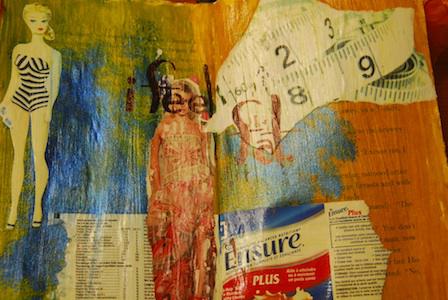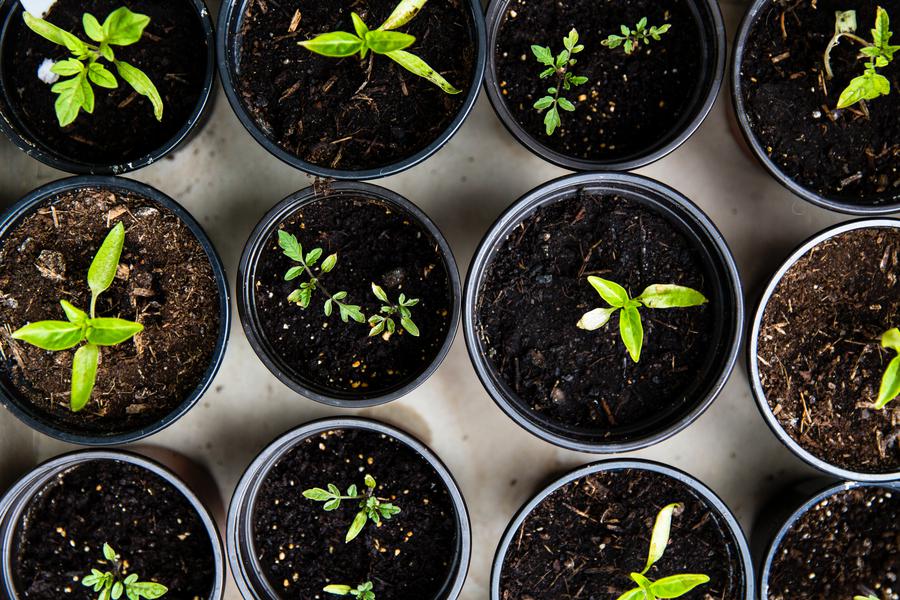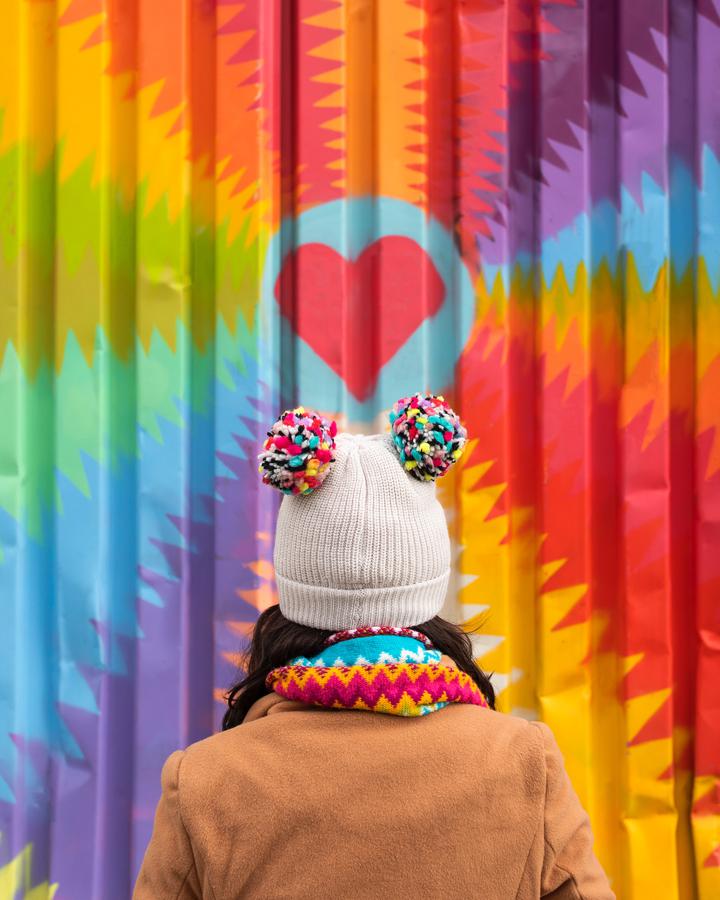
Sue Huff
June 14, 2015, 7:56 p.m.

“When it finally hit my how sick our daughter was, I almost collapsed. We had just come home from a doctor’s appointment (the second in eight days) and it was suddenly crystal clear how rapid and uncontrolled her weight loss was… By the time I got home, I was shaking uncontrollably, my lips were numb, I couldn’t feel my fingertips and I wasn’t sure if my legs would carry me up the steps.”
These lines are from the first page of my book which chronicles my journey to understand, to believe, to connect, to forgive, to find hope and to survive while supporting my daughter’s turbulent and painful recovery from anorexia. To build the bones of the book, I interviewed nine families who had found their way through an eating disorder, to emerge the other side, grateful and whole. I spoke for an hour to the young women who had recovered, followed by an hour with the parent(s) who had walked the path with them. I asked them all the same questions, which focused largely on the recovery process. I am forever grateful to these brave and generous people who opened up their hearts and their homes to me, a complete stranger, while I was largely still in shock and without a compass for this scary, complex illness.
Our conversations were intimate, despite the microphone between us; their answers were so incredibly, staggeringly honest:
“To me, it [bulimia] is like a comfort. It’s a comfort thing. And I feel very vulnerable without it. I also feel very vulnerable talking about it and very vulnerable being in an area where they want to know about it, because it’s such a secret part of you that to completely give it to your doctor and go, ‘Okay, make me better’ is the hardest thing to do.”
I asked about relapses, the nature of hope, and what recovery looks like. I asked about the hardest parts for them and how they continued to put one foot in front of the other. I asked what advice they would give to other parents or to others who were affected. I asked them what they wished everyone understood about eating disorders. We talked about family, shame, forgiveness, self-care and fierce, relentless, parental love. We talked about never giving up. We cried.
When I left their houses, I shook with the responsibility of these precious stories.
I transcribed the interviews verbatim and slowly began stitching stories together that were told in fragments. I didn’t want to change their words, or their voices. I didn’t want to interpret their answers or comment on them, but I did carefully remove what seemed extraneous or confusing. It was slow work, but I was making headway when, six months into the project, I was diagnosed with breast cancer. Our daughter relapsed and was re-admitted to the hospital. Everything came to a grinding halt as my family staggered under the weight of two life-threatening illnesses.
But months later, I began to see incredible parallels between our two illnesses and some remarkable lessons emerged. Two new chapters (What Breast Cancer Taught Me About Anorexia, Part 1 and Part 2) became the ending the book needed. For me, cancer gave me insight into the difference between supporting someone and taking over their illness, how to create healthy boundaries. I finally touched the powerful current of hope that I had been so desperately seeking:
“I feel sad and scared and unsure.
I want us all to be on dry land but it seems there is more swimming to do.
So, we swim.
Stroke, stroke, breathe.
Stroke, stroke, breathe.
And, for the first time, I notice how the water holds me.
I don’t need to fight so much. I don’t need to panic to stay afloat.
The water has me. And I feel it push me up.”
Image credit: Book of Hope

Sue Huff is the Executive Director of EDSNA, Eating Disorder Support Network of Alberta (EDSNA.ca) and author of Book of Hope. For more info on her book, visit: suehuff.ca

June 15, 2018, 9:23 a.m.

May 15, 2018, 9:35 a.m.